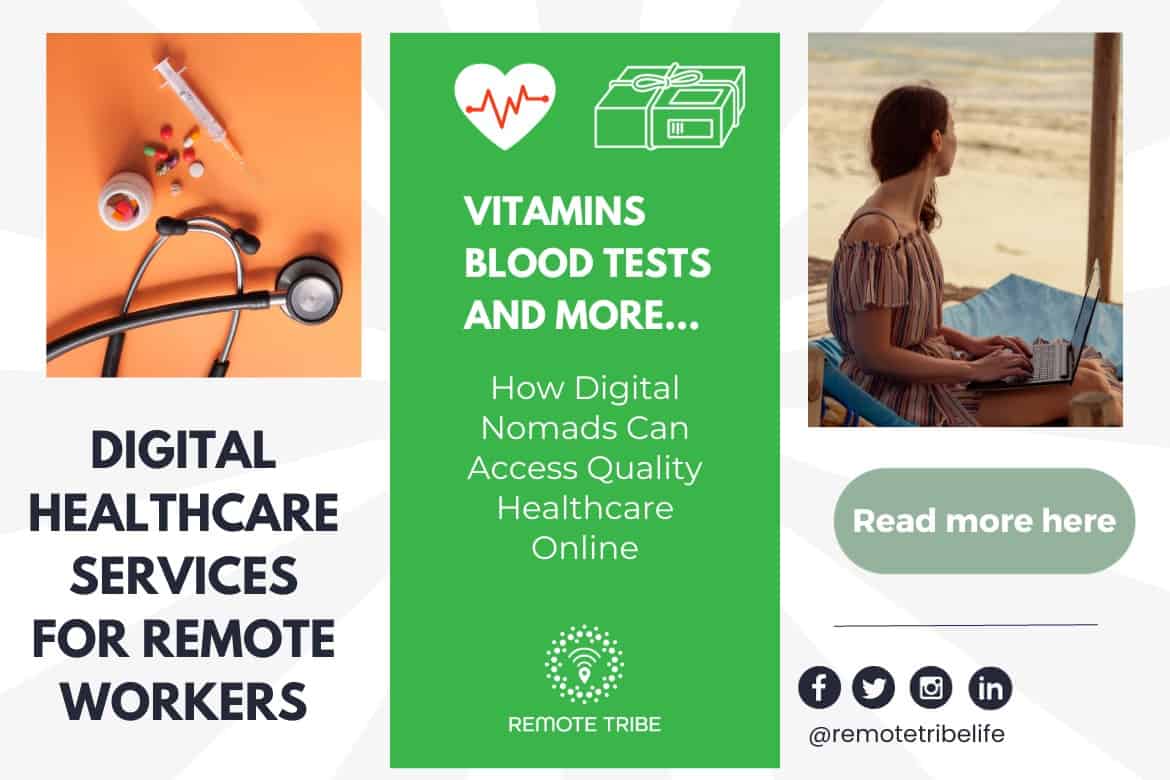The Rise of Subscription-Based Healthcare and Its Effect On Client Treatment
As medical care advances, the subscription-based model is acquiring traction, guaranteeing to change patient care by offering predictability and availability. These designs, which bypass standard insurance coverage, can redefine the patient-doctor dynamic, emphasizing individualized and precautionary care. Yet, just like any type of technology, they present challenges, particularly concerning equitable access for all socioeconomic groups. The possibility for these designs to reshape healthcare distribution increases pushing concerns concerning their lasting sustainability and inclusivity. Are these registration solutions the future of health care, or do they run the risk of leaving susceptible populations behind? The details of this change warrant a more detailed assessment.
Comprehending Registration Health Care Versions
Comprehending the concept of membership healthcare versions includes taking a look at a transformative method to clinical solutions that emphasizes cost and accessibility. These designs, typically described as direct medical care (DPC) or concierge medication, have actually arised as cutting-edge options to traditional fee-for-service health care systems. Subscription health care permits clients to pay a fixed monthly or annual fee for a defined collection of clinical services, which might consist of limitless office check outs, regular examinations, and basic laboratory examinations, without the need for typical insurance policy billing.
The framework of subscription health care designs is made to improve individual care by getting rid of third-party payers and complicated payment codes, consequently reducing administrative burdens. Medical care carriers can concentrate extra on patient treatment, cultivating more powerful patient-provider partnerships. This version additionally promotes preventative care by motivating routine visits, as the financial obstacle of per-visit charges is gotten rid of.
The registration version often empowers doctor to manage smaller sized person panels, permitting more customized treatment. It lines up economic rewards with patient health results, as suppliers are inspired to maintain client complete satisfaction and wellness. On the whole, recognizing registration health care versions requires recognizing their possible to improve just how care is supplied and accessed.
Advantages for Individuals and Suppliers

For carriers, subscription-based versions offer the opportunity to deepen patient-provider relationships. With a steady revenue stream, health care specialists can devote more time to every person, leading to a more individualized and detailed care experience. This design additionally reduces reliance above individual volumes, relieving burnout and enhancing work satisfaction. Furthermore, the emphasis on preventative treatment within membership plans can result in better patient outcomes and reduced long-lasting healthcare costs. By concentrating on continuous care, service providers can address concerns before they escalate, inevitably benefiting the medical care system overall by reducing the worry on emergency situation and severe treatment services.
Challenges and Worries
While subscription-based health care versions existing various advantages, they also include a collection of challenges and issues that have to be dealt with. Availability continues to be a significant problem, as these designs these details often target individuals that can manage regular monthly costs, possibly leaving out low-income populaces. This raises ethical concerns regarding fair access to health care solutions. In addition, the diverse nature of subscription plans can result in confusion among clients relating to protection specifics, potentially leading to unmet expectations or insufficient treatment.
Financial sustainability of subscription-based models is another concern. Suppliers need to stabilize the set earnings from subscriptions with the variable costs of health care services, which might vary due to unexpected medical requirements. This can produce stress to restrict services or boost costs, potentially affecting person contentment and care high quality.
Moreover, regulatory oversight of subscription-based health care versions is still developing. The lack of standardized frameworks can cause inconsistent service quality and liability, complicating efforts to guarantee person protection. Finally, the combination of innovation-- usually a cornerstone of these designs-- increases questions about data privacy and safety and security, as sensitive client info can be at risk to violations. Dealing with these challenges is crucial for the equitable and successful implementation of subscription-based medical care.
Effect On Patient-Doctor Relationships
One considerable influence of subscription-based health care versions on patient-doctor relationships is the capacity for improved continuity and customized care. By embracing a registration version, doctors can handle a smaller sized person panel, enabling even more dedicated time with each individual. This enhanced schedule cultivates a much deeper understanding of a patient's clinical history, way of life, and preferences, making it possible for a lot more customized therapy strategies and interventions.

However, it is essential to acknowledge that while subscription-based designs may profit those that can afford them, they find can accidentally broaden health care disparities. Patients that are not able to join these versions could experience reduced accessibility to customized treatment, possibly influencing their relationships with healthcare providers. Thus, while the membership model supplies encouraging advantages for patient-doctor partnerships, it likewise postures challenges that require to be dealt with to guarantee equitable healthcare gain access to.
Future of Health Care Access

The function of innovation can not be overlooked in this transformation. Telemedicine platforms and electronic wellness documents facilitate seamless interaction in between patients and doctor, damaging down geographical and logistical barriers. Additionally, advancements in expert system and information analytics can further personalize treatment by predicting patient requirements and enhancing treatment plans.
Nevertheless, click this the future of health care gain access to also offers obstacles, such as making certain equity throughout different socio-economic teams. Policymakers and doctor have to work together to link the electronic divide, making sure that subscription-based models continue to be inexpensive and comprehensive. As these systems develop, they hold the pledge of making healthcare extra easily accessible, efficient, and patient-centric.
Conclusion
Subscription-based healthcare versions are improving person treatment by providing a stable cost structure and improving access. The rise of subscription-based health care encourages positive client interaction, which has the prospective to enhance person end results and contentment, signifying a transformative shift in medical care distribution.
As health care advances, the subscription-based design is getting grip, guaranteeing to reinvent person treatment by using predictability and availability.Subscription-based healthcare designs offer distinctive benefits for both people and companies, boosting the total medical care experience.As health care systems evolve, the future of healthcare access regularly hinges on the assimilation of cutting-edge designs and technologies.Subscription-based healthcare versions are reshaping person care by giving a stable expense structure and boosting availability. The increase of subscription-based healthcare motivates proactive patient involvement, which has the prospective to boost individual outcomes and complete satisfaction, signifying a transformative shift in health care distribution.